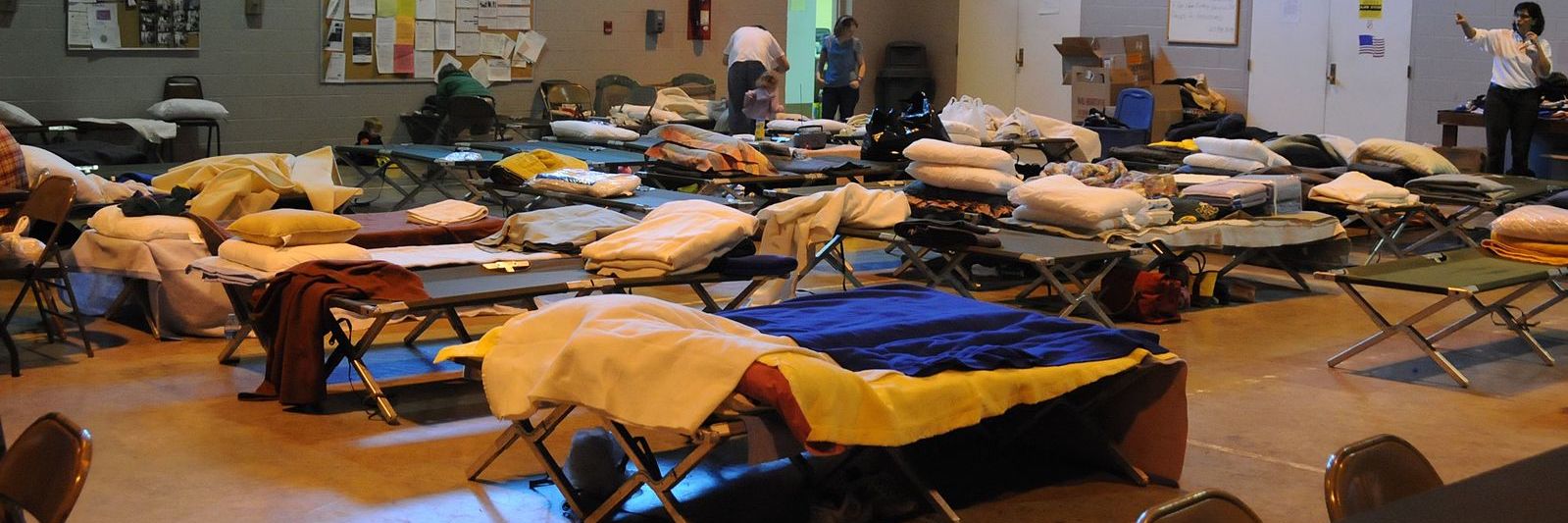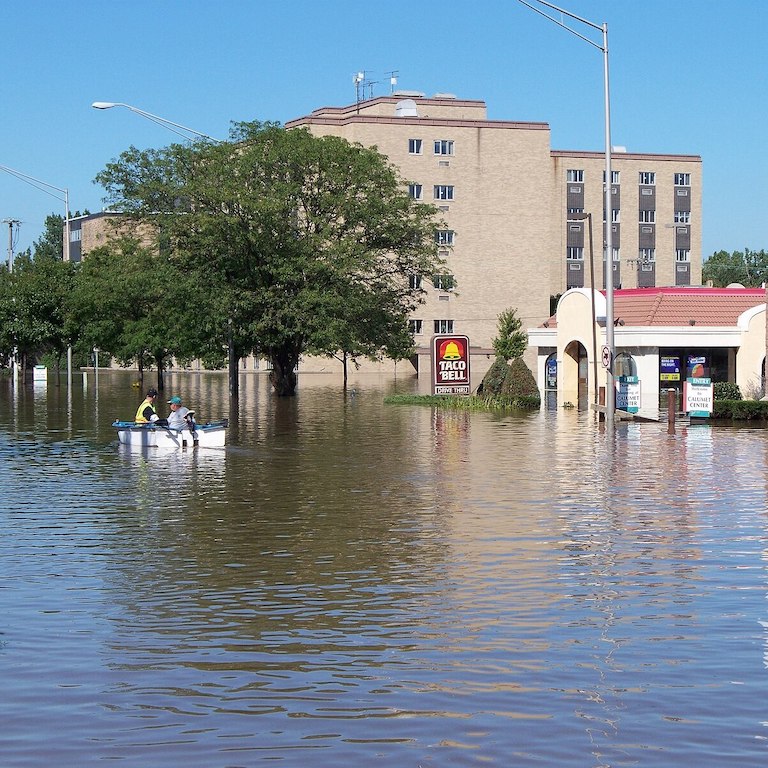Weather models show Indiana has experienced a 45% increase in the risk of heavy flooding during the past 60 years. Government agencies cannot respond to the increase in weather disasters affecting Indiana and every region of the United States alone. U.S. public policy assumes that nonprofit charities that care for the day-to-day needs of economically vulnerable people, through food banks, shelters, community health clinics, and other organizations that provide each community’s social safety net will also meet these needs post disaster. However, policymakers have not considered those organizations’ own level of disaster preparedness to assure service continuity.
A statewide Indiana survey of leaders of social safety network organizations, carried out by Paul H. O'Neill School of Public and Environmental Affairs professor Beth Gazley and doctoral student Rachel Cash, provides rich descriptive place-based data about the realities of nonprofit service providers’ disaster planning relating to climate change. This data provides some comparisons relevant to other inland states.
This brief offers Indiana nonprofit service providers, community networks, and policymakers a neutral and objective analysis of what kinds of organizations respond to local disasters in Indiana and to what extent they engage in risk reduction to adapt to climate change. It also looks at attitudes and behaviors to understand how thinking about climate change may predict an organization’s success in disaster planning. The brief underscores the need to consider nonprofits in the formulation of policy not only in the response and recovery following a disaster but also reducing risk and increasing preparedness in advance.




